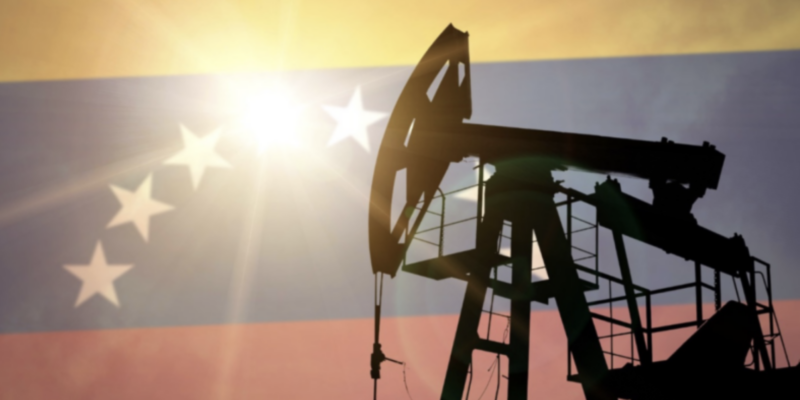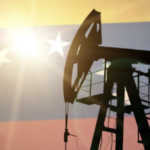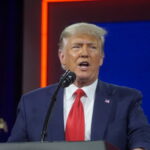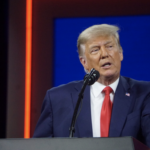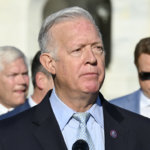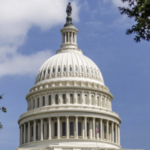The May 27th deadline is fast approaching for Western oil companies to halt operations in Venezuela. Policy and energy experts are warning that such a move could backfire, leading to a weakened U.S. influence, propping up adversaries, and hurting Venezuela’s fragile economy without achieving democratic change.
During a panel hosted by Brian Fonseca, the Director of the Jack D. Gordon Institite for Public Policy at Florida International University, experts on the issues discussed their concerns.
“Venezuela presents a complex case,” said Fonseca. “It’s governed by an autocratic and repressive regime… and yet U.S. leverage on the ground is incredibly limited. Withdrawal and moral clarity may feel satisfying, but in practice, it’s likely to seed more space to actors like China, Russia, and Iran.”
The panel examined the implications of the Trump Administration’s expected revocation of licenses for companies like Chevron, Repsol, and Maurel & Prom. The move is part of a broader shift toward “maximum pressure” policies targeting Nicolás Maduro’s government. However, many experts argue that such pressure has historically failed.
David Goldwyn, former U.S. energy envoy and president of Goldwyn Global Strategies, described the policy as a “pendulum swing” driven more by domestic politics than long-term strategy. “We saw this movie with maximum pressure before, and the results are predictable,” he expressed. “It didn’t force Maduro from power. It let the Russians and the Iranians back in. It essentially provided China with subsidized oil,” he added, noting that “isolation doesn’t stop production... It just redirects it.”
Goldwyn also posited that the Trump Administration has its eyes on resources in Venezuela, which could play into the approach the Trump Administration takes with the country.
"[President Trump's] got an eye on Venezuela’s resources," Goldwyn observed. "I mean, both the minerals as well as the oil, and it’s a whole lot bigger than Greenland in terms of attractiveness. I don’t think those interests have gone away. I think they are just sidelined for now, and that’s because the tax cut comes first."
Venezuelan oil expert Francisco Monaldi noted that in the first quarter of 2025, Venezuela produced about 940,000 barrels per day, with Chevron accounting for a quarter. "Of that, half was produced by PDVSA... The Russians and the Chinese together about 20%-21%. And the Europeans about 4% to 5%."
Monaldi also shared the oil export numbers of Venezuela, citing that "in terms of exports during the first quarter, we had exports of about 850,000 barrels. 55% of those went to China. Mostly to the black market or to the national oil companies of China. 30% went to the U.S. 11% to Europe and India combined. And the remaining – about 4% - to Cuba, which is significantly lower than before."
“If licenses are fully revoked,” he explained, “I expect production to decline by about 100,000 to 150,000 barrels in the following months” due to PDVSA’s inability to sustain foreign-led investment and operations.
The economic ripple effects are also significant. Elias Ferrer Breda, the founder and director of Orinoco Research, reiterated that the "maximum pressure" effort of the Trump Administration did not work during his first term, and it would likely not work in his second term.
"The main idea of doing these sanctions was to cause regime change at least initially, and we see that it’s not happening. It’s very unlikely to happen as we keep having sanctions over time," he warned. "If you look at plenty of other countries like Cuba and Iran, it kinda props up the regime more than kick them out. But then what happens with the economy?" Breda questioned.
“About 40% of the hard currency settled in the foreign exchange market in Venezuela comes from Chevron,” he noted, further warning that if PDVSA takes over as a result of of cancellation of licenses, oil will be sold at steeper discounts, and there would be less benefit to the local economy.
Ultimately, Fonseca called for a nuanced approach to the issue. “Venezuela is not Cuba… It occupies a more central role in Hemispheric dynamics. Its trajectory matters not just for democracy in the region but for U.S. strategic interest globally.”

